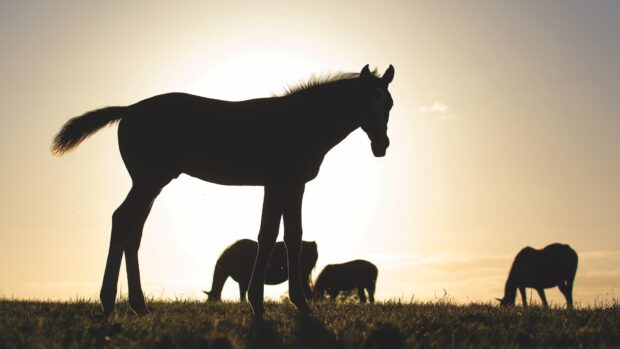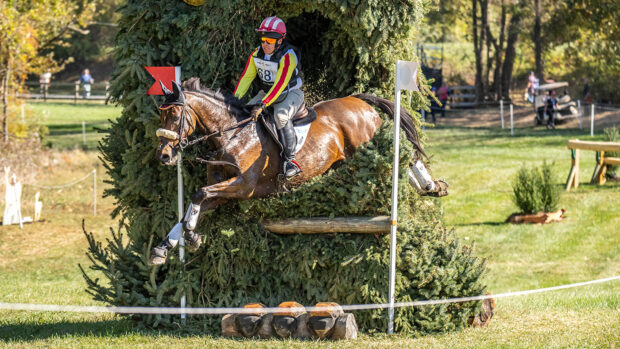NEW research has taken a look at young thoroughbreds’ stress responses, their genes and their behaviour in a study that highlighted interesting links between the three.
Scientists at University College Dublin and Plusvital Ltd in Ireland’s study: “Integrative genomics analysis highlights functionally relevant genes for equine behaviour” is the result of a four-year PhD research project. It examined the stress hormone cortisol and the results of a questionnaire in 100 yearlings as they encountered key milestone events during the early training period.
One finding was that observations of the yearlings’ behaviour did not tally with the cortisol (stress hormone) results.
“This means that some horses experience stress without acting out,” said senior scientist Professor Emmeline Hill.
“Identifying genetic markers for the stress response could therefore have value in identifying horses most susceptible to stress.”
The scientists compared genetic profiles of the yearlings that were best able to cope with early training to those less able to cope. They then used genetic data to pinpoint genes that were most likely to impact on coping ability.
Professor Hill added that genetics “doesn’t have all the answers” but the research provides “a sound scientific basis for genetic screening tools” to support welfare.
“The ‘nurture’ aspect of behaviour is of course a major factor, with the management of the animal impacting on its temperament,” she said. “Our research has revealed genetic markers that could be used to identify animals that will benefit most from more nuanced handling. In time these makers could also be developed into tests to inform breeding decisions.”
H&H vet Karen Coumbe said that behaviour involves “many complex traits, which will have both genetic and environmental causes”.
“Although these findings are interesting, it remains to be seen whether identification of particular genotypes can be used to adjust training and handling or to intervene for the benefit of animal welfare,” she told H&H. “Certainly, in racehorses, athletic talent is still going to be paramount in any breeding programme and the same is likely for sport horses too.
“The truth is that it may not be as simple as one might hope, especially as these things are not straightforward to assess or measure.”
You might also be interested in:

‘Exciting science at work’: genes linked to equine success pinpointed

Equine kissing spines gene discovery may help save horses from avoidable back pain

Subscribe to Horse & Hound magazine today – and enjoy unlimited website access all year round
Horse & Hound magazine, out every Thursday, is packed with all the latest news and reports, as well as interviews, specials, nostalgia, vet and training advice. Find how you can enjoy the magazine delivered to your door every week, plus options to upgrade your subscription to access our online service that brings you breaking news and reports as well as other benefits.




